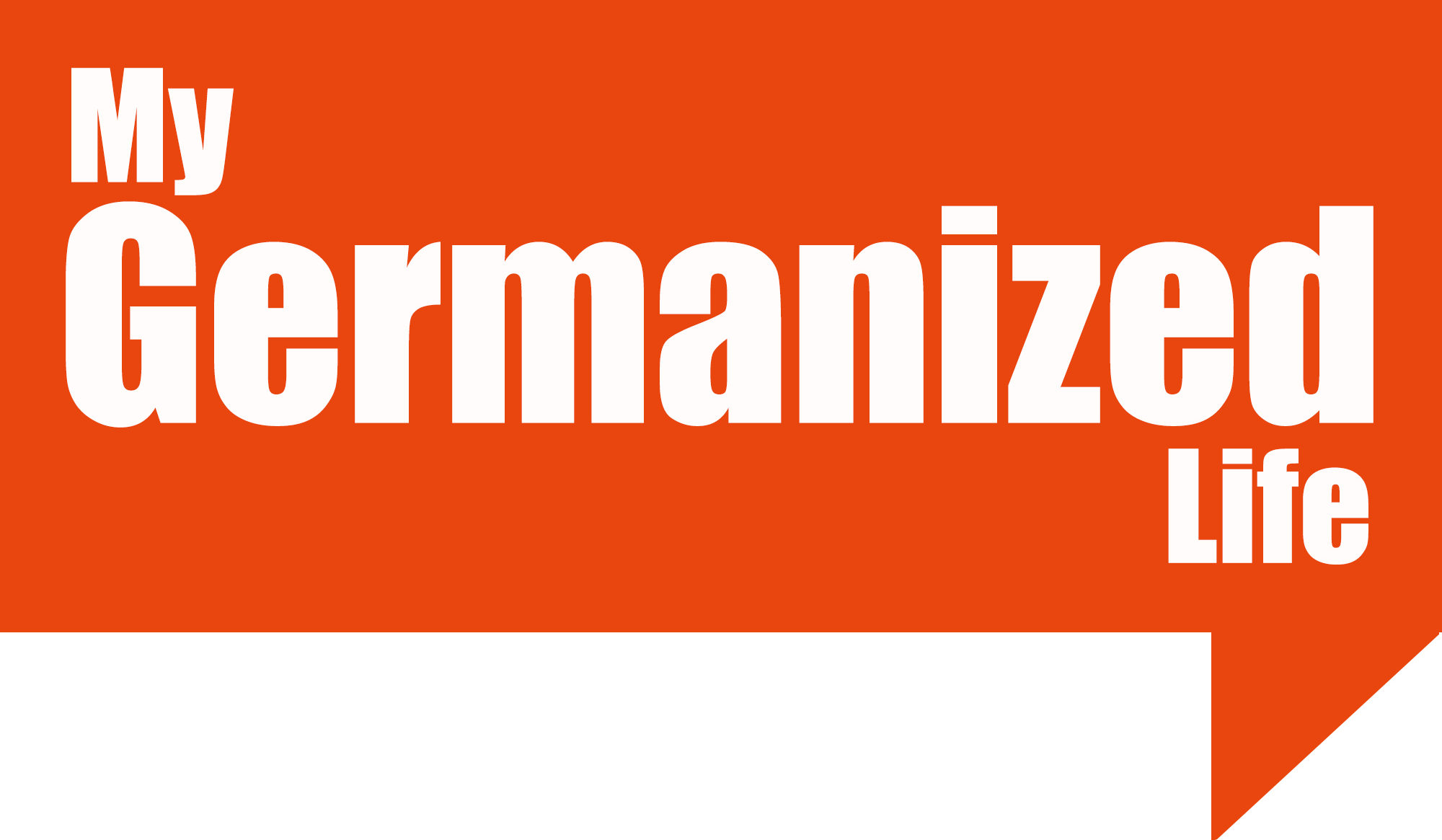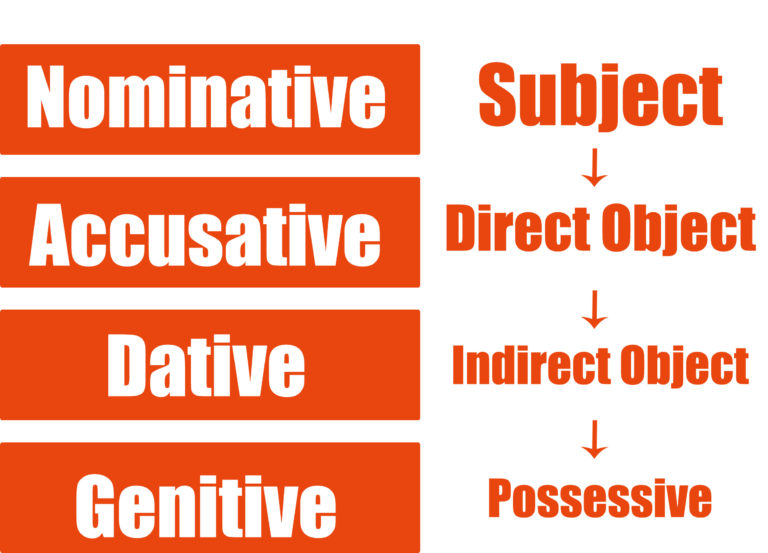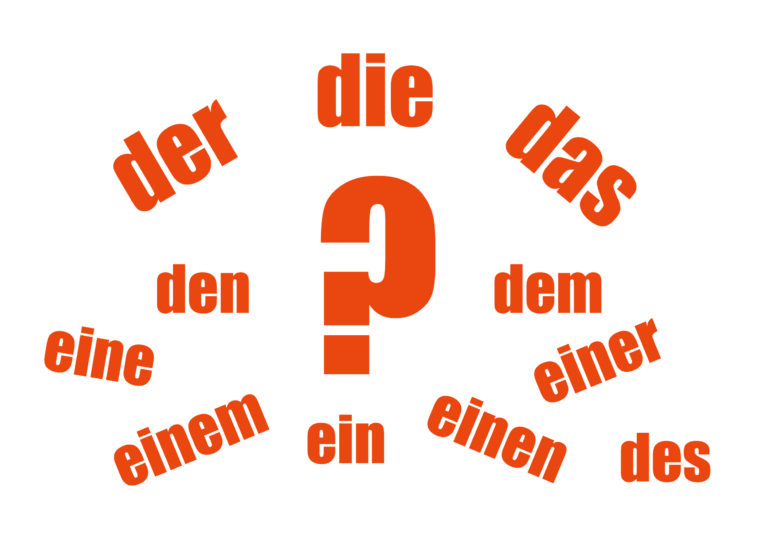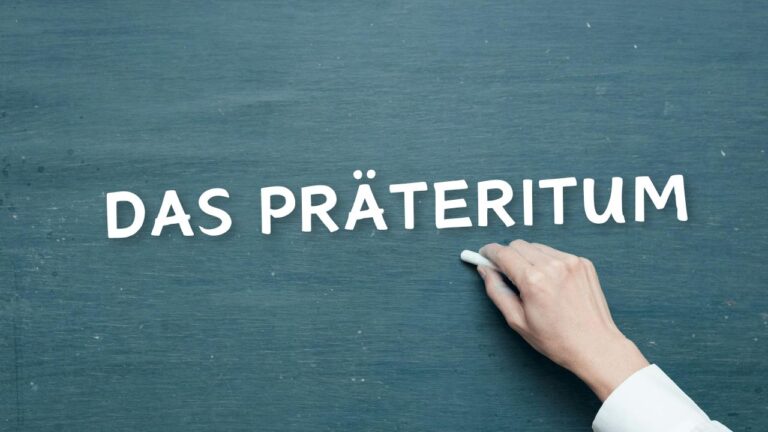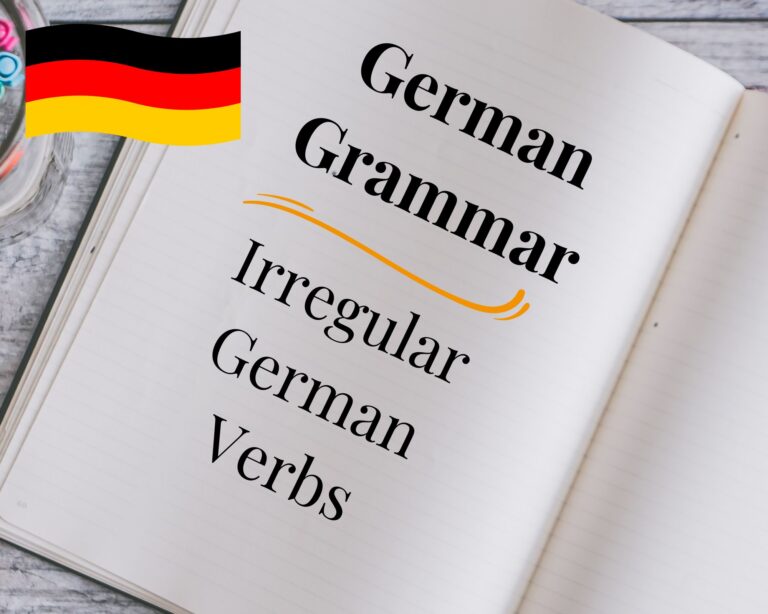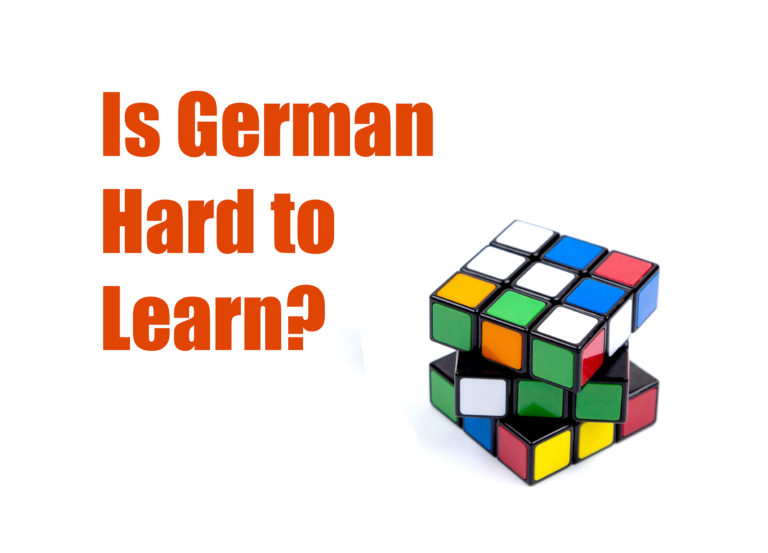
Ever think ‘Chef’ in German means chef? Or that ‘Gift’ is a nice present? Or that you can get a good workout in at the Gymnasium? Think again! Today we’re diving into the wild world of German false friends — those sneaky words that look familiar but mean something completely different. You’ll learn 20 of the most common ones, what they mean, and how to avoid sounding confused or even offensive.
What Are German False Friends?
False friends are words in two languages that look or sound similar but differ significantly in meaning. They can lead to amusing misunderstandings or even embarrassing situations. False cognates can fool you into thinking you know what the word means. Let’s explore some of the most notorious German false friends.
Chef
- Assumed Meaning: Cook
- Actual Meaning: Boss
- Example: “Mein Chef ist sehr nett.” (My boss is very nice.)
If you’re looking for the guy flipping schnitzels, that’s the Koch. So next time you hear “Mein Chef ist streng,” don’t expect a review of last night’s dinner.
Gift
- Assumed Meaning: Present
- Actual Meaning: Poison
- Example: “Das Gift ist gefährlich.” (The poison is dangerous.)
If someone offers you a “Gift” in Germany, don’t smile—run. Gift in German is poison. If you’re after something wrapped with a bow, the German word is Geschenk.
bald
- Assumed Meaning: Hairless
- Actual Meaning: Soon
- Example: “Ich komme bald.” (I’ll come soon.)
No need to check anyone’s scalp—bald in German has nothing to do with hair. It means soon. So if someone says “Ich komme bald,” don’t expect a dramatic haircut reveal. Just brace for their timely arrival.
bekommen
- Assumed Meaning: To become
- Actual Meaning: To receive
- Example: “Ich habe ein Geschenk bekommen.” (I received a present.)
This German false friend trips up almost every learner. Bekommen means to receive, not to become. So saying “Ich bekomme müde” is a linguistic mess. You’re not receiving tired—you’re just mixing up your verbs. Want to say you’re becoming something? Try werden.
Rat
- Assumed Meaning: Rodent
- Actual Meaning: Advice
- Example: “Ich brauche deinen Rat.” (I need your advice.)
No, your friend isn’t asking for a pet mouse. Rat in German is advice. So when someone offers you “einen guten Rat,” don’t go looking for cheese. They’re trying to help you, not infest your pantry. The German word for a rat is “die Ratte.”
sensibel
- Assumed Meaning: Sensible
- Actual Meaning: Sensitive
- Example: “Sie ist sehr sensibel.” (She is very sensitive.)
A “sensibel” person isn’t particularly practical—they’re probably crying over a dog food commercial. In German, sensibel means sensitive, while the word for sensible is vernünftig. Confuse them and you might hurt someone’s feelings… sensitively.
also
- Assumed Meaning: Also
- Actual Meaning: So/Therefore
- Example: “Also, was machen wir jetzt?” (So, what are we doing now?)
This tiny word is a sneaky one. It doesn’t mean “also”—it means “so” or “well then.” If you start a sentence with “Also,” you’re probably transitioning to a new thought, not listing another item. For “also,” use auch.
aktuell
- Assumed Meaning: Actually
- Actual Meaning: Current
- Example: “Das ist die aktuelle Situation.” (This is the current situation.)
Aktuell is all about the now, not actually. If you want to contradict someone or clarify a point, the German word is eigentlich. Saying “Aktuell bin ich müde” means “I’m currently tired”—which might actually be true if you’re reading grammar.
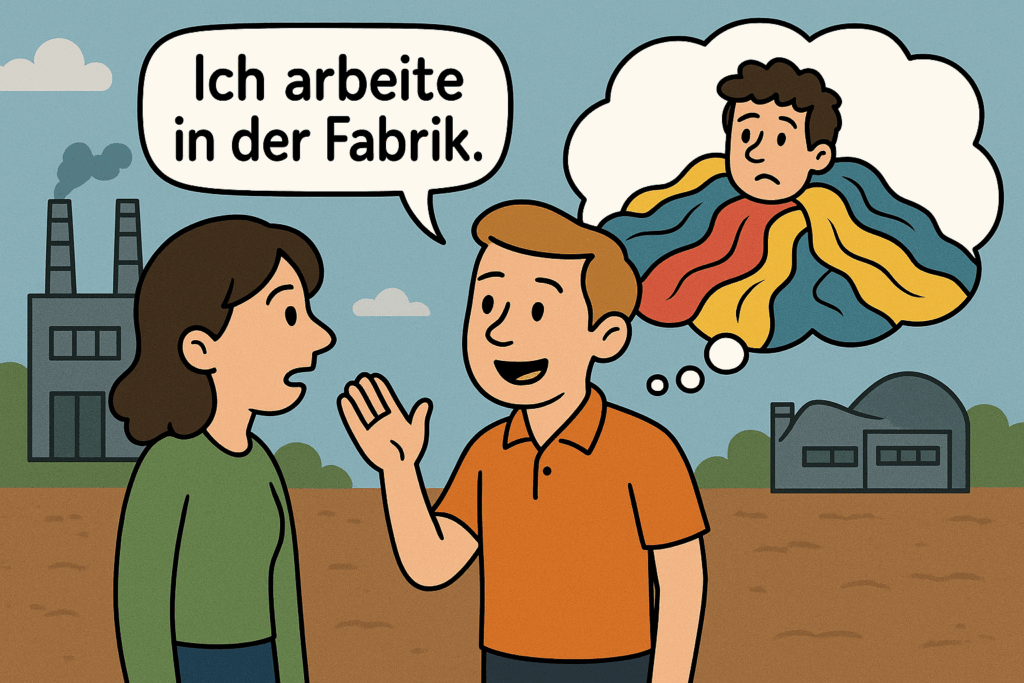
Fabrik
- Assumed Meaning: Fabric
- Actual Meaning: Factory
- Example: “Er arbeitet in einer Fabrik.” (He works in a factory.)
Don’t expect sewing machines and soft cotton when you hear Fabrik. This word screams industry, not fashion. It’s where machines clank and workers hustle, not where your favorite hoodie was hand-stitched. For fabric, try Stoff.
brav
- Assumed Meaning: Brave
- Actual Meaning: Well-behaved
- Example: “Das Kind ist sehr brav.” (The child is very well-behaved.)
Being brav in German doesn’t require courage—it means you’re behaving. So when Germans praise a “braves Kind,” they’re not raising future firefighters—they’re just happy the kid isn’t screaming in public. For brave, try “mutig.”
fast
- Assumed Meaning: Quickly
- Actual Meaning: Almost
- Example: “Ich bin fast fertig.” (I’m almost done.)
Fast in German will not win you any races—it just means almost. So when someone says “Ich bin fast da,” don’t expect them to come sprinting in. They’re nearly there, not speed-walking. If you want to say quick, use schnell.
eventuell
- Assumed Meaning: Eventually
- Actual Meaning: Possibly
- Example: “Eventuell komme ich später.” (I might come later.)
Looking for your retirement fund? You’re in the wrong country. In German, a Pension is a cozy, usually family-run guesthouse. If you’re talking about retirement money, you want Rente. So check the context—either you’re getting a monthly check, or a continental breakfast.
hell
- Assumed Meaning: Hell
- Actual Meaning: Bright
- Example: “Das Zimmer ist hell.” (The room is bright.)
No need for fire and brimstone—hell in German just means bright. So when someone says your apartment is hell, it’s a compliment, not a spiritual warning.
Handy
- Assumed Meaning: Handy
- Actual Meaning: Cellphone
- Example: “Ich habe mein Handy vergessen.” (I forgot my cellphone.)
If a German loses their Handy, they’re not missing a useful gadget—they’re missing their phone. So don’t offer a screwdriver.
Kaution
- Assumed Meaning: Caution
- Actual Meaning: Security deposit
- Example: “Die Kaution beträgt 500 Euro.” (The security deposit is 500 euros.)
This Kaution won’t warn you about danger—it’ll cost you cold hard cash before you move in. Think deposit, not danger.
Not
- Assumed Meaning: Not
- Actual Meaning: Emergency
- Example: “In der Not rufe 112.” (In an emergency, call 112.)
This Not means serious business. It’s not a denial—it’s a distress signal. Use it when things go south, not in grammar class.
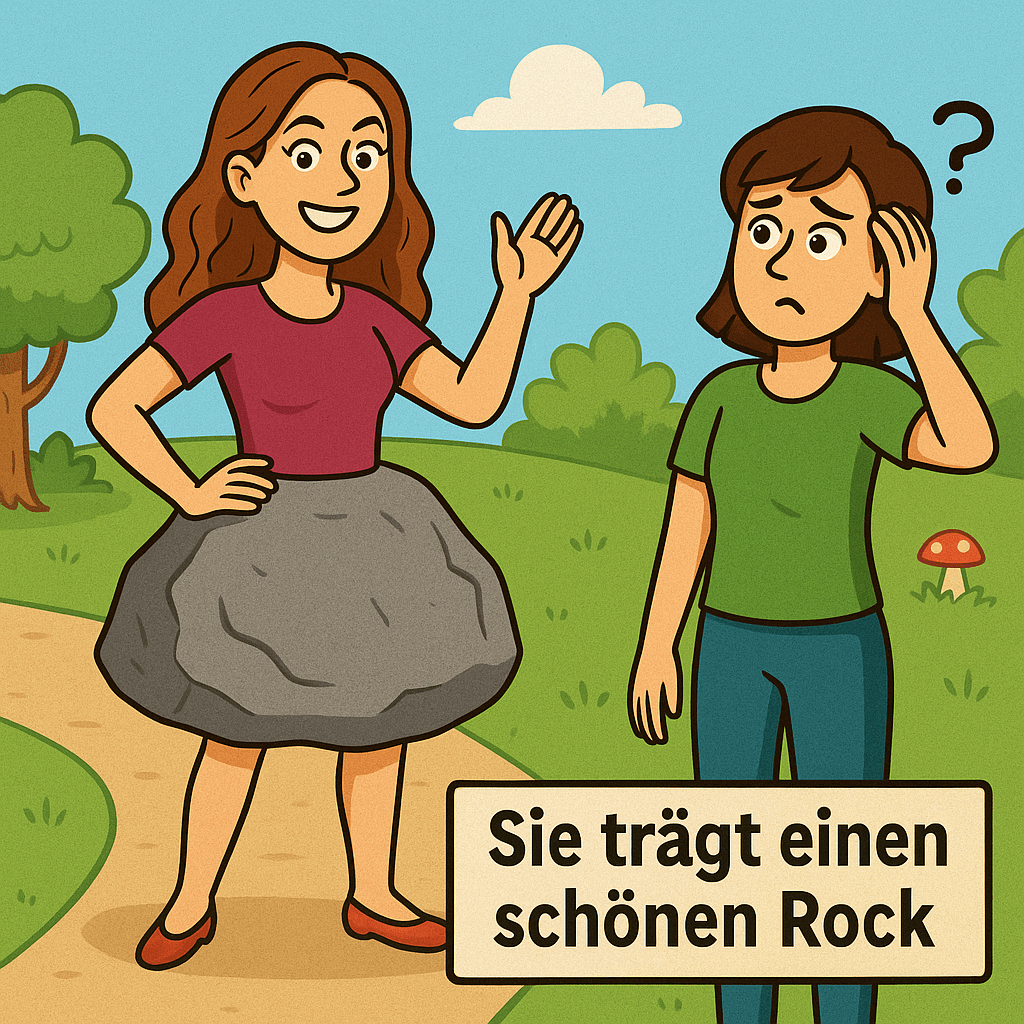
Rock
- Assumed Meaning: Rock (music or stone)
- Actual Meaning: Skirt
- Example: “Sie trägt einen schönen Rock.” (She is wearing a beautiful skirt.)
You might expect guitar riffs or geology, but Rock in German is pure fashion. Compliment it carefully—you’re talking about someone’s outfit, not their music taste.
Gymnasium
- Assumed Meaning: Gym
- Actual Meaning: High school
- Example: “Er geht ins Gymnasium.” (He goes to high school.)
Don’t expect treadmills here—Gymnasium is an academic high school. You’ll find students studying Latin, not lifting weights. Instead, use “Fitnessstudio.”
Oldtimer
- Assumed Meaning: Elderly person
- Actual Meaning: Vintage car
- Example: “Er besitzt einen Oldtimer.” (He owns a vintage car.)
This Oldtimer isn’t grumpy—it’s classy. In German, it’s a car show star, not Grandpa Joe.
Smoking
- Assumed Meaning: Smoking
- Actual Meaning: Tuxedo
- Example: “Er trägt einen Smoking.” (He is wearing a tuxedo.)
Light up the red carpet, not a cigarette—Smoking in German is formal wear. James Bond, not Marlboro Man. The German word for smoking is “rauchen.”
Lokal
- Assumed Meaning: Local
- Actual Meaning: Pub/Restaurant
- Example: “Wir treffen uns im Lokal.” (We meet at the pub.)
A Lokal is where locals go to drink. It’s a spot for schnitzel and beer, not a general adjective. The word for local is “örtlich.”
Mist
- Assumed Meaning: Mist
- Actual Meaning: Manure/Crap
- Example: “So ein Mist!” (What a load of crap!)
Foggy weather? Nope. In German, Mist is more…organic. And smelly. Best translated as “crap,” literally and emotionally. Mist is called “Nebel.”
Rente
- Assumed Meaning: Rent
- Actual Meaning: Pension
- Example: “Er geht in Rente.” (He is retiring.)
Rente isn’t your monthly payment to a landlord—it’s your reward after decades of work. The word for rent is “Miete.”
Milliarde
- Assumed Meaning: Million (1,000,000)
- Actual Meaning: billion (1,000,000,000)
- Example: “Eine Milliarde Euro.” (A billion euros.)
Ready to blow your budget? A Milliarde in German is a billion in English. One too many zeros—literally. “Million” means million.
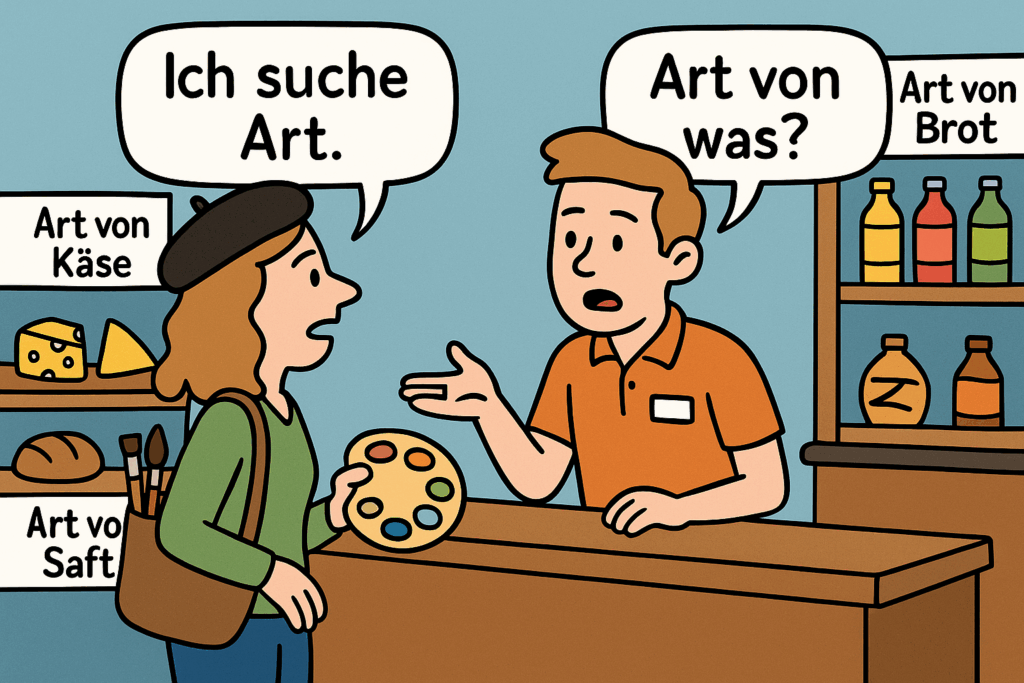
Art
- Assumed Meaning: Art
- Actual Meaning: Kind/Type
- Example: “Diese Art von Musik.” (This kind of music.)
Paintings? Nope. Art in German is about types—not talent. For actual art, say Kunst.
Kritik
- Assumed Meaning: Critic
- Actual Meaning: Criticism
- Example: “Die Kritik war positiv.” (The criticism was positive.)
Die Kritik isn’t a person with opinions—it’s the opinions themselves. If you’re looking for a critic, try Kritiker.
kurios
- Assumed Meaning: Curious
- Actual Meaning: Odd/Strange
- Example: “Ein kurioser Vorfall.” (A strange incident.)
No intellectual curiosity here—kurios is all about weird vibes. It means bizarre, not inquisitive. For curious, try neugierig.
Labor
- Assumed Meaning: Labor
- Actual Meaning: Laboratory
- Example: “Sie arbeitet im Labor.” (She works in the laboratory.)
Forget picket lines—Labor in German means lab. Test tubes, goggles, science, not workers’ rights. Labor is called “Arbeit.”
Lack
- Assumed Meaning: Lack
- Actual Meaning: Varnish/Paint
- Example: “Der Tisch hat frischen Lack.” (The table has fresh varnish.)
That missing piece? Not here. Lack is something added—a shiny coat of paint. For lack, say Mangel.
Mobben
- Assumed Meaning: To mob
- Actual Meaning: To bully
- Example: “Er wird in der Schule gemobbt.” (He is being bullied at school.)
This Mob doesn’t gather—it targets. Mobben is to bully, especially at school or work. For a crowd try “die Menschenmenge.”
Brand
- Assumed Meaning: Brand
- Actual Meaning: Fire
- Example: “Der Brand zerstörte das Haus.” (The fire destroyed the house.)
Not your favorite label—this Brand burns. It’s literal fire, not marketing firepower. For branding, stick with Marke.
Final Thoughts on German False Friends: You’re Fluent… Almost
German false friends are like sneaky little trolls on your road to fluency—easy to overlook and quick to trip you up. But now that you’ve learned to spot them, you’re already way ahead of the game. Keep your Wörterbuch handy, stay vernünftig.
Next, why not learn German words that are almost the same in English or the 800 most common German words.
